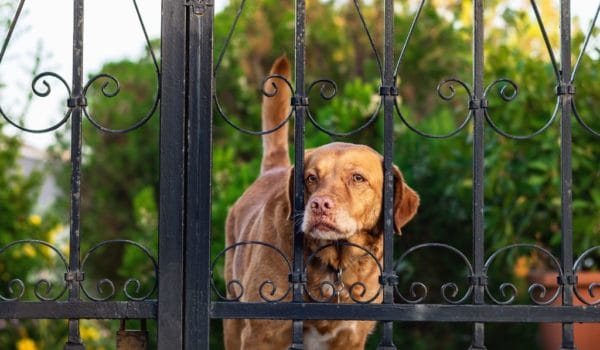Here are some helpful tips to keep you safe, keep your home protected and your heating bills manageable this winter.
Winter Fire Safety
Residential fires are more prevalent during winter months than in any other season due to an increase in cooking and heating fires. In fact, FEMA’s National Fire Data Center reports that, “winter residential building fires result in an estimated average 945 deaths, 3,825 injuries and $1,708,000,000 in property loss each year.” The high cost of utilities and fuels has caused many people to search for alternate sources of home heating such as wood stoves, space heaters and fireplaces which are also major contributors to many home heating fires.
Tips for Safe Home Heating:
- Replace batteries in your carbon monoxide and smoke detectors on all levels of your home at least once a year. If your smoke detector is 10 years or older it may not detect smoke. In such a case, you are advised to replace the entire unit.
- Have your heating system, chimney and/or wood stove cleaned out and inspected by a professional annually to ensure safety and efficiency. Check monthly for damage or obstructions.
- Make sure all heating equipment has proper venting systems.
- Clear the area around the hearth or wood stove of debris, decorations and flammable materials and use only fire-resistant materials on walls surrounding wood stoves.
- Keep air inlets on wood stoves open and don’t restrict air supply to fireplaces. Otherwise, creosote could build up and lead to a chimney fire.
Never use your gas oven to generate home heat.
Safe Use of Space Heaters:
- Use only electric space heaters equipped with thermostat control mechanisms which will automatically switch off the heater, if it falls over.
- Never dry clothes or store anything on top of your space heater.
- Space heaters should be plugged directly into wall outlets and not extension cords.
- Unplug your space heater when not in use.
For more helpful tips on home fire prevention and safety visit the U.S Fire Administration website at
http://www.usfa.fema.gov/citizens/home_fire_prev/
Prevent Burst Pipes
Pipes located in colder areas of your home such as outside, the attic, and crawl spaces are susceptible to freezing in cold temperatures.
To help keep pipes from freezing:
- Apply insulation or wrap exposed pipes to keep them from getting cold enough to freeze.
- Shut off exterior faucets from inside your home and leave exterior faucets open outside.
- Use caulking to seal around pipes that are located outside of your home.
- During cold spells, keep cabinet doors open to allow warm air to circulate around pipes (especially in the kitchen and bathroom).
- If you are going away for a long period of time, shut the water off and have your water pipes drained. For short trips, leave your water on and set your thermostat above 55 degrees.
Prevent Ice Dams
Occurring when interior heat melts the snow on your roof, ice dams are an accumulation of ice where your gutter meets your roof. Prevent ice dams, which can inhibit water from draining off your roof and therefore cause leaks, by following these tips:
- Keep your attic well ventilated. If your attic is cool, the snow on your roof will not melt as quickly.
- Survey your roof. Replace roof shingles that are damaged or missing and survey the roof to ensure that it can withstand the weight of ice and snow.
- Insulate your attic floor to minimize the amount of heat that rises from within your home to keep your attic cool.
- Ask your local building official about minimum code requirements for ice dam protection.
- If you see extensive amounts of snow and ice on your roof, hire a licensed contractor to remove it.
- Never step onto the snowy, icy roof yourself.
When a winter storm is predicted, take these precautions:
- Stock up on rock salt, sand and snow shovels.
- If you don’t have to drive, stay put. If you must drive, make sure you’ve winterized your car with snow tires, antifreeze, new wiper blades and emergency road supplies. Make sure you have a full tank of gas.
- If the power goes out, don’t leave candles or fires burning unattended.
- If you use a portable generator, follow the instructions and don’t use it indoors.
We hope these tips will help you avoid a loss, but rest assured that if you do, our claims department is available to assist you and guide you through it.
For emergencies after regular business hours, call our main number (781) 848-8600 and our answering service will telephone a member of our staff who will contact you as soon as possible. For your convenience, you can also report a claim through the “Report a Loss” section of this website.





